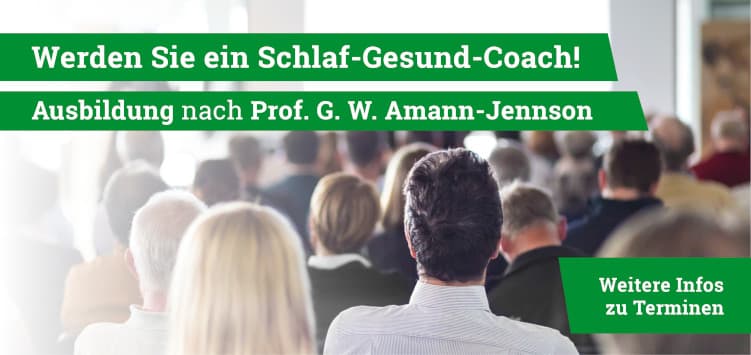Trouble, stress and anxiety care for a bad sleep. Sleep disturbances sometimes might have serious consequences for your health — not feeling rested the next morning and a lack of concentration are further effects that are uncomfortable and are influencing your everyday life. An appropriate sleep hygiene and relaxation exercises are supporting body and soul in finding some rest in the evening. Relaxation exercises reduce physical tension and interrupt constantly circling thoughts. Studies proved that people who learn relaxation exercises sleep slightly longer at night. Especially their fall asleep duration was significantly lower.
It depends on you, which relaxation exercise suits best for you. But, it is advisable to learn the chosen technique under expert advice.
Now, which relaxation exercises are there?
Out of the wide range, we have taken four techniques:
Yoga
Originally, Yoga is from India. Yoga is said to balance body, mind and soul. Yoga is combining asanas, breathing exercises, phases of deep relaxation and mediation. When practicing the asanas, controlled breathing and concentration strengthen the interaction of body, mind and soul. Here, you are trying to reach an enhanced vitality and at the same time more inner calmness.
It is a proven fact that Yoga positively influences your physical and mental health. Practice of Yoga enables to diminish sleep disturbances as well as other clinical pictures like circulatory disorders, nervous complaints like anxiety and depressions as well as chronical head ache and back pain.
Muscle-relaxation according to Jacobson
This method is also called progressive muscle-relaxation. With these exercises, the muscles should get relaxed. Due to stress and nervousness we automatically are tense. The muscle-release causes a lift of the mood and one becomes calmer. Here, you are learning to strongly flex certain muscles and to relax them right away again. This should develop an awareness when and where muscles are becoming tight. This helps to better perceive tensions in the body and to take countermeasures in time.
Progressive muscle-relaxation often is recommended by sleep medics because first successes are quickly achieved. Strong and chronic sleep disturbances need more time. When you are mastering the method you are able to physically and mentally relax in an instant during a break or before going to sleep.
Autogenous Training
Here, you are focusing on consciously sensing single parts of the body and on relaxing them. You are training to breath calm and regularly. Furthermore, you are focusing on calming and relaxing thoughts and feelings. Advanced people learn to even influence involuntary body functions like heartbeat and breathing.
Sounder Sleep
This method is a mixture between the above mentioned techniques and was specially developed for people who are having sleeping problems.
So far, it is not proven which method is best for which person. But, one thing is certain: relaxation exercises help to fall asleep easier and support sleeping through.
Image Source: ©istock


This post is also available in / Diesen Beitrag gibt es auch in:


Leave a Reply